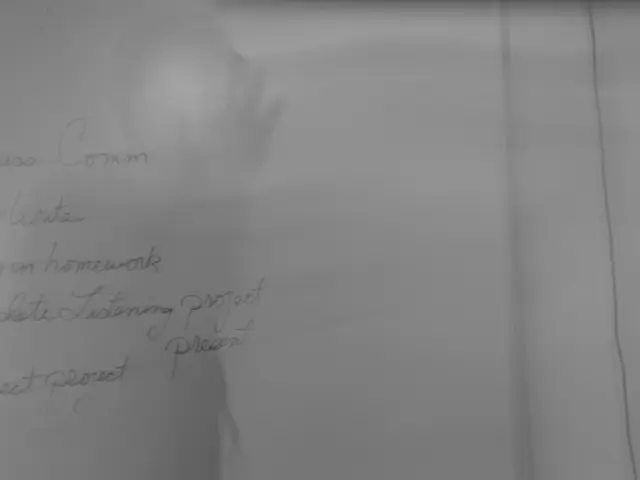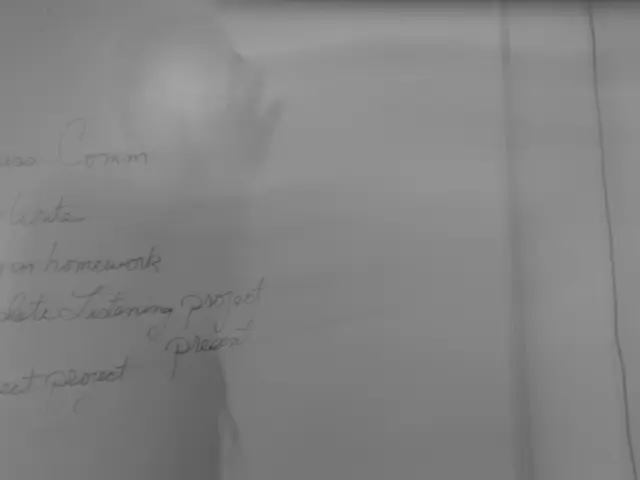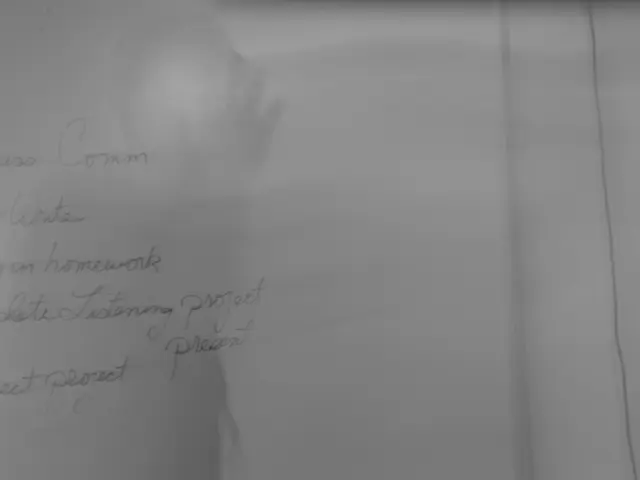Financial incentives at UnitedHealth tied to postponement of necessary patients' treatment
UnitedHealth's Nursing Home Policies Raise Concerns Over Patient Safety
Evidence from whistleblowers and leaked documents has sparked concerns about UnitedHealth Group, one of the nation's largest health companies, and its approach to elder care in nursing homes. The company reportedly incentivized nursing homes to restrict hospital visits among seniors, potentially compromising the health of vulnerable residents.
While this strategy might seem beneficial by reducing non-essential emergency room visits, details suggest a more alarming pattern. Insiders claim that these incentives led to delays in necessary care for residents who required immediate medical attention. Unfortunately, in some cases, these delays resulted in permanent injuries for the affected patients.
UnitedHealth's methods involved placing its medical teams within thousands of nursing homes across the United States. These teams were tasked with lowering hospital transfer rates for patients enrolled in Medicare Advantage, a plan that pays UnitedHealth a fixed amount for each patient. The more they saved, the more they earned. This financial incentive may have motivated staff to prioritize cost containment over patient needs.
One former employee stated that the company closely monitored hospitalization numbers and rewarded or penalized nursing homes based on low rates. Some whistleblowers also alleged that pressure was put on elderly residents to sign advance directives against resuscitation, even if the decisions did not align with the patients' or their families' wishes.
UnitedHealth denies these allegations, maintaining that their programs aim to bring additional support to nursing homes and ensure patients receive better care where they live. However, for families of those harmed or who felt pressured into making medical decisions they did not fully understand, these promises may ring hollow. A nurse practitioner who expressed concerns publicly stated, "No one is truly investigating when a patient suffers harm. Absolutely no one."
In response to these allegations, the U.S. Department of Justice has launched a civil fraud investigation into UnitedHealth's practices. Federal investigators are examining whether the company's financial incentives may have led to decisions that prioritized profits over patient safety.
Critics argue that such financial arrangements can create conflicts of interest when companies are paid more for doing less, potentially leading to care decisions that do not prioritize patient needs. As this issue gains attention, advocates and experts are calling for stronger government oversight to protect the health and wellbeing of America's seniors.
Sources:
- UnitedHealth secretly paid nursing homes to cut hospital care, Guardian reports
- UnitedHealth falls on report it secretly paid nursing homes to reduce hospital transfers
- The financial incentives provided by UnitedHealth to nursing homes could potentially impact the quality of health-and-wellness care for seniors, given the concerns about patient safety raised in the Medicare Advantage program.
- Critics propose that the government should closely scrutinize and regulate science-based health practices within nursing homes, such as those managed by UnitedHealth, to prevent any conflicts of interest that might compromise the health and wellness of seniors.








